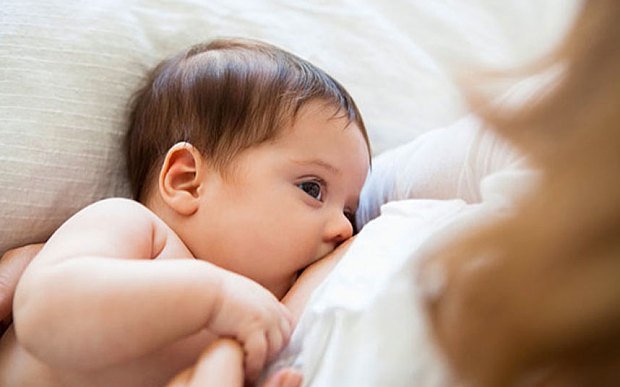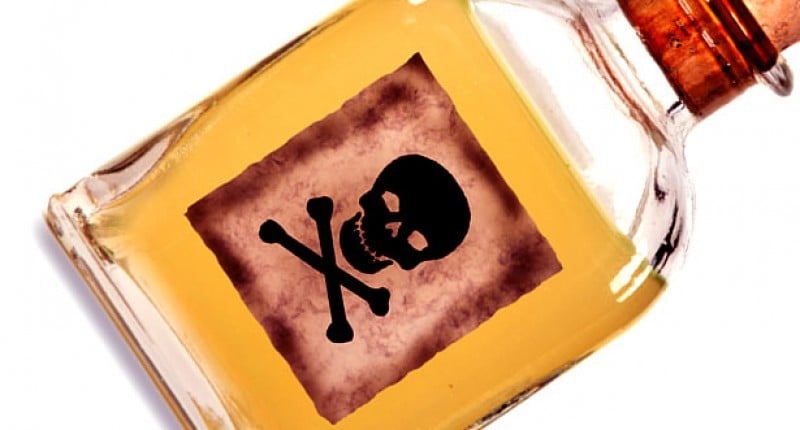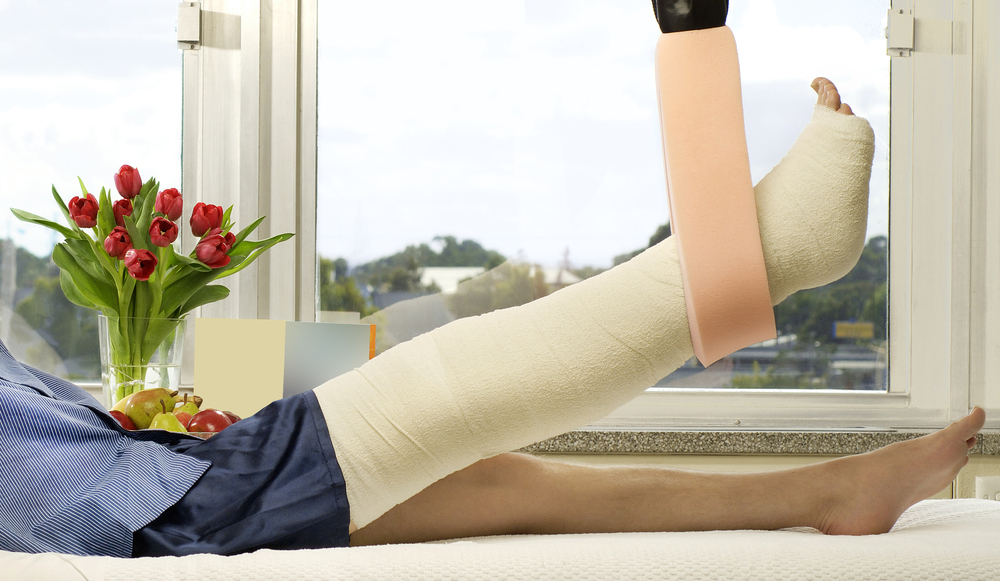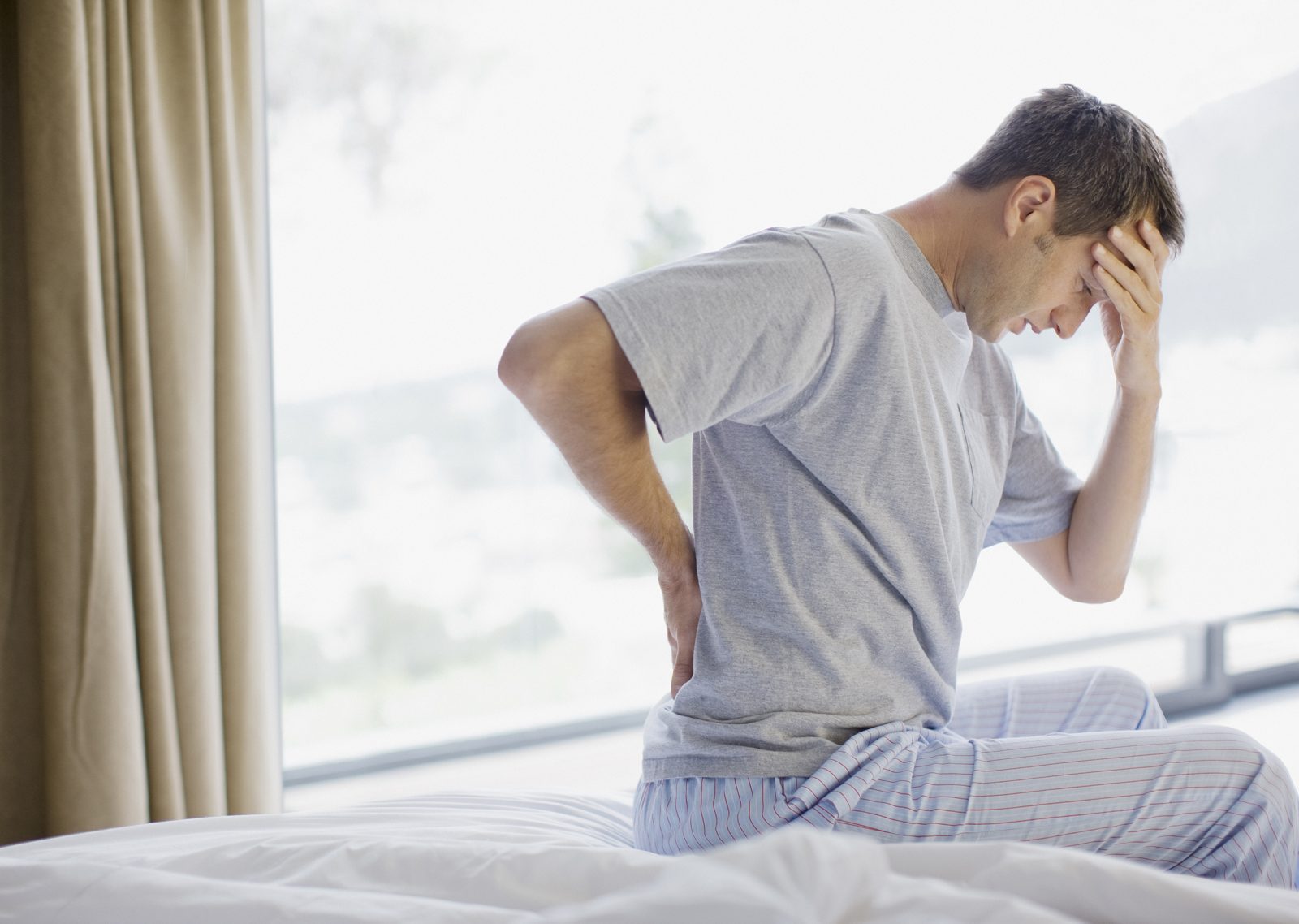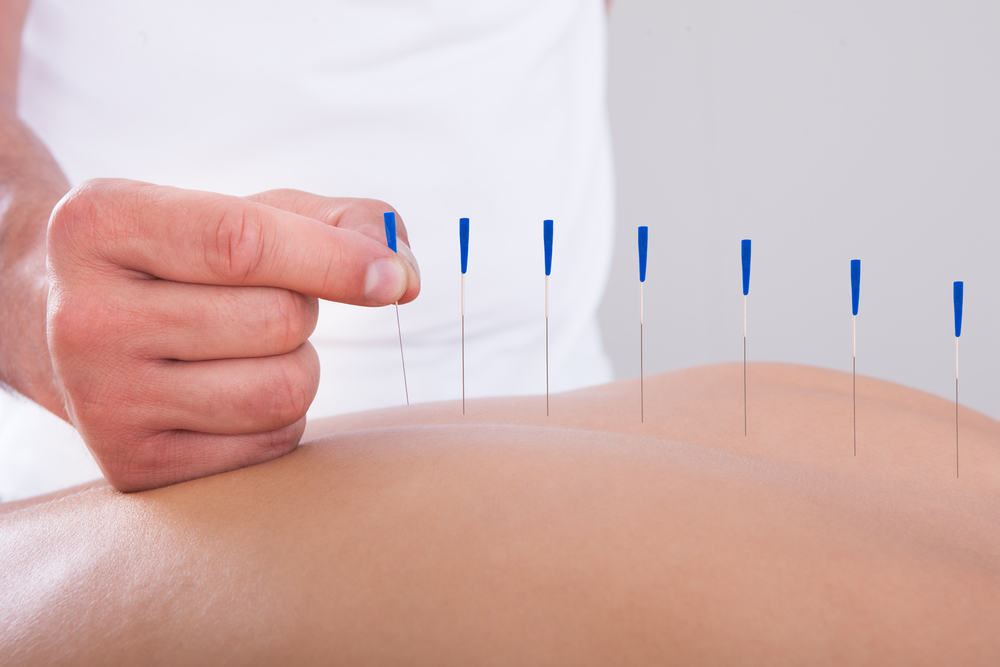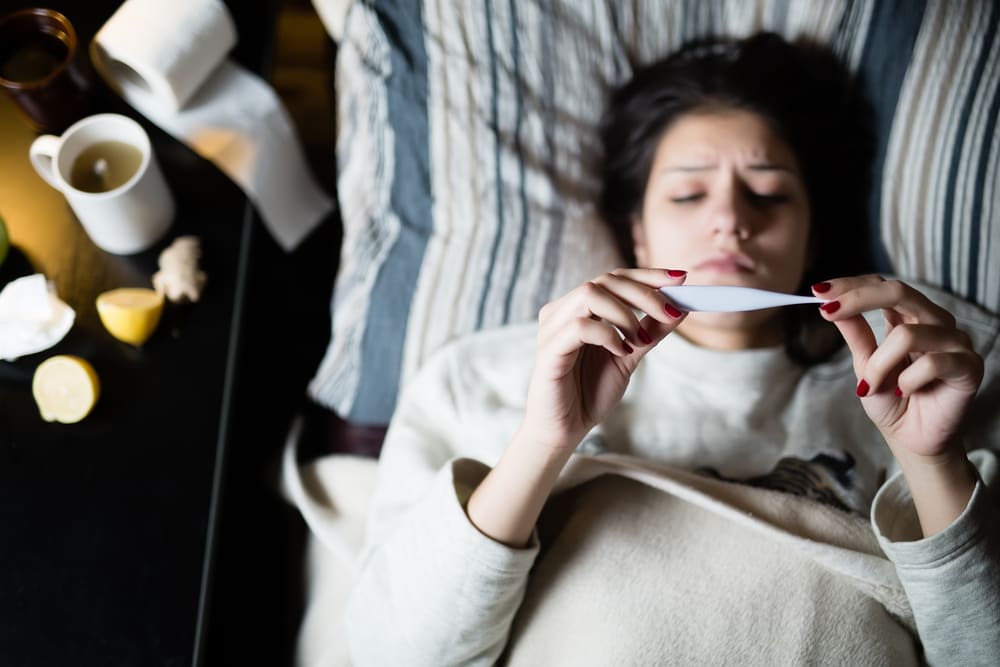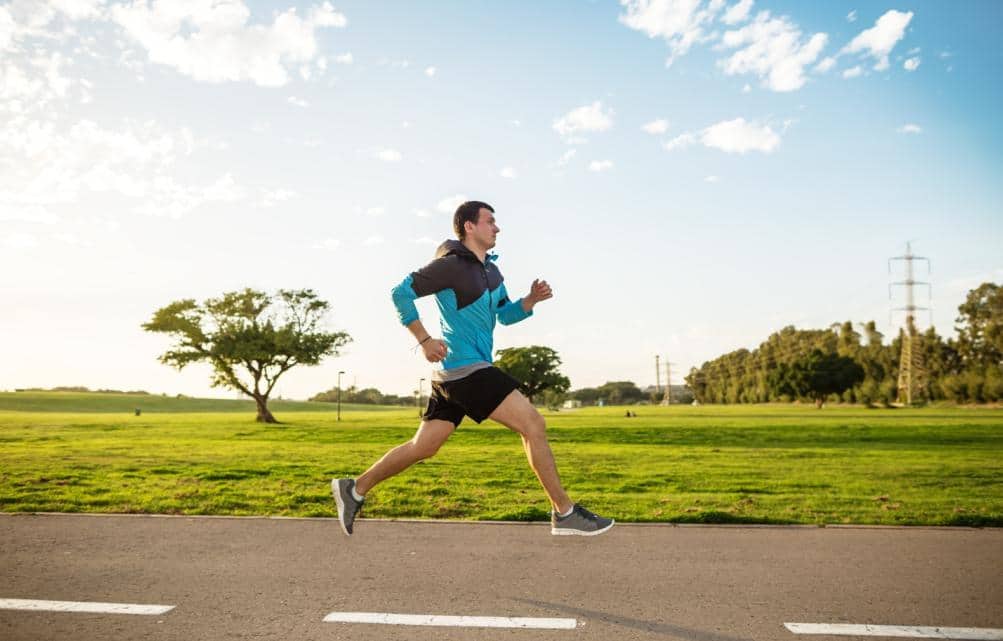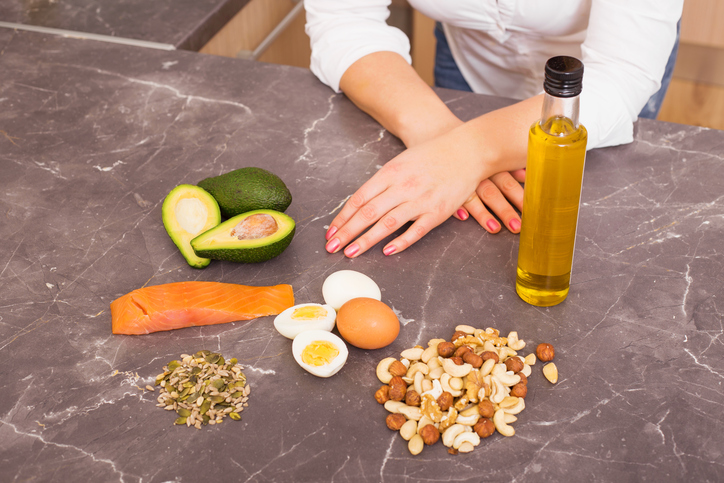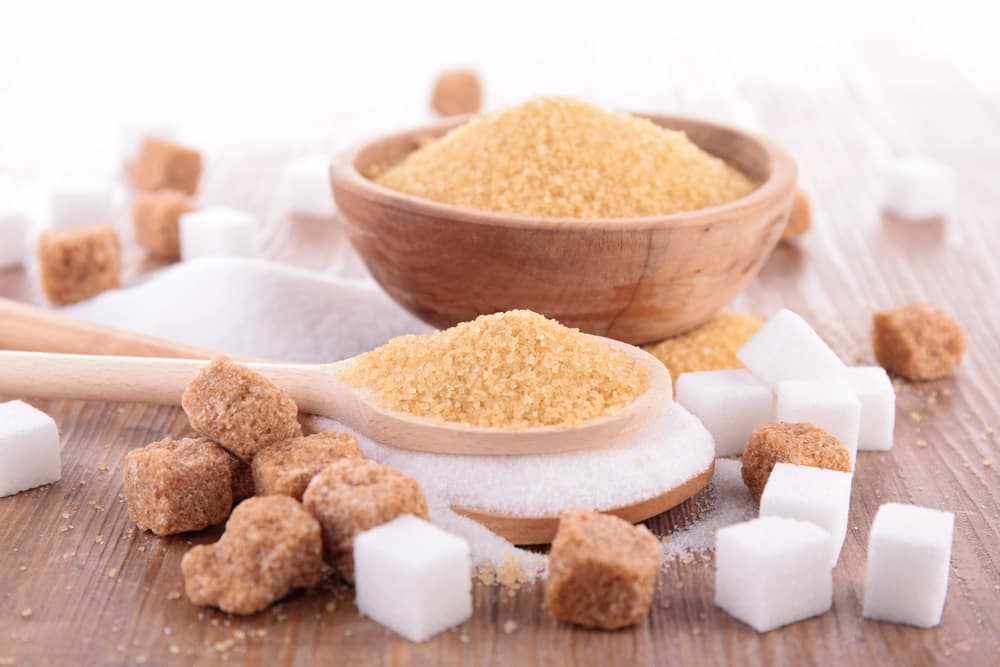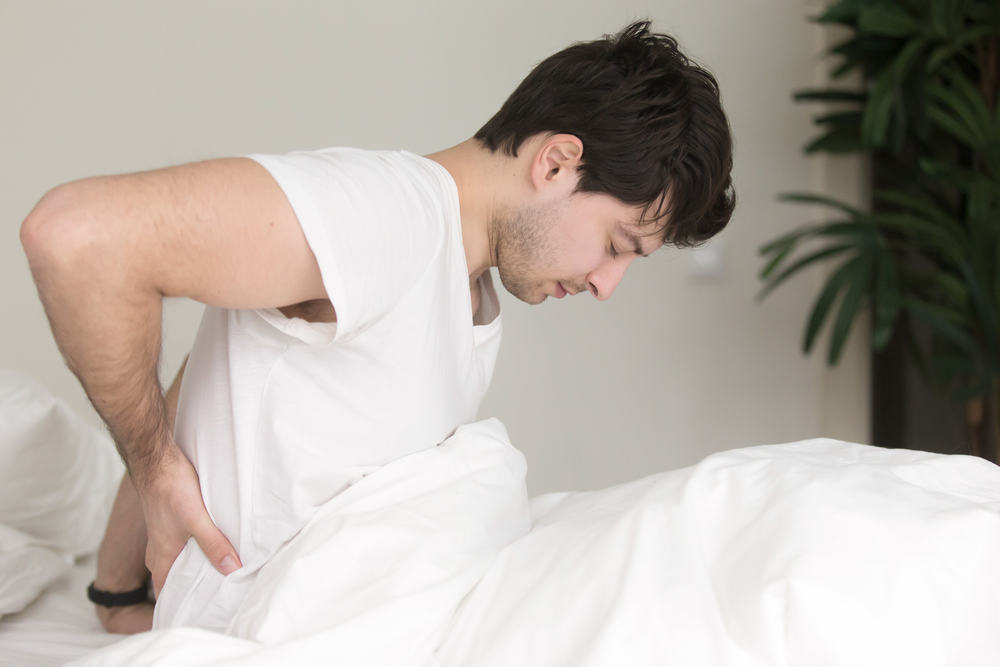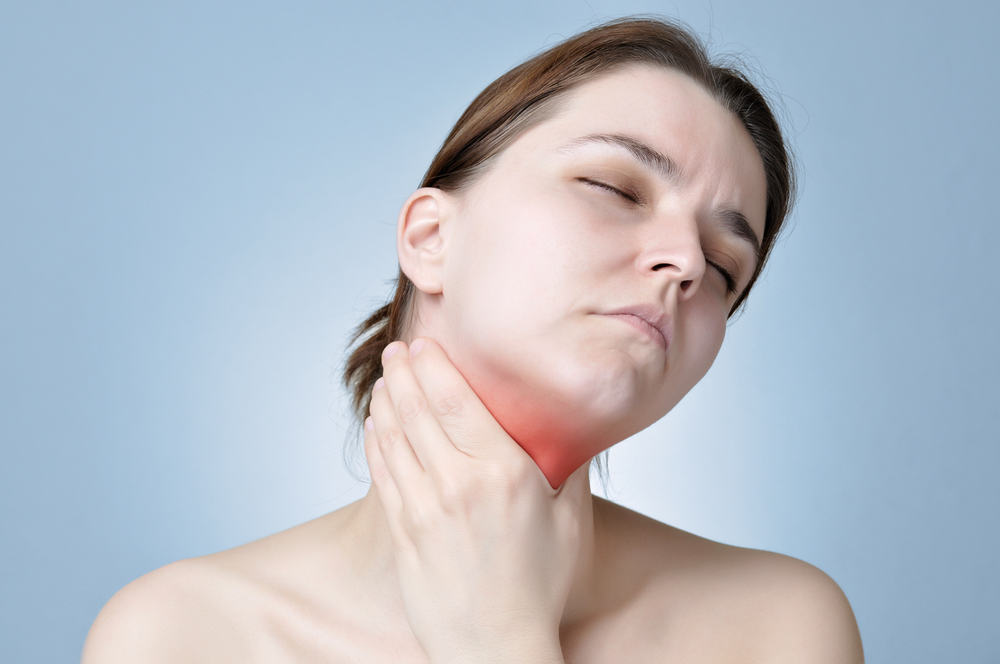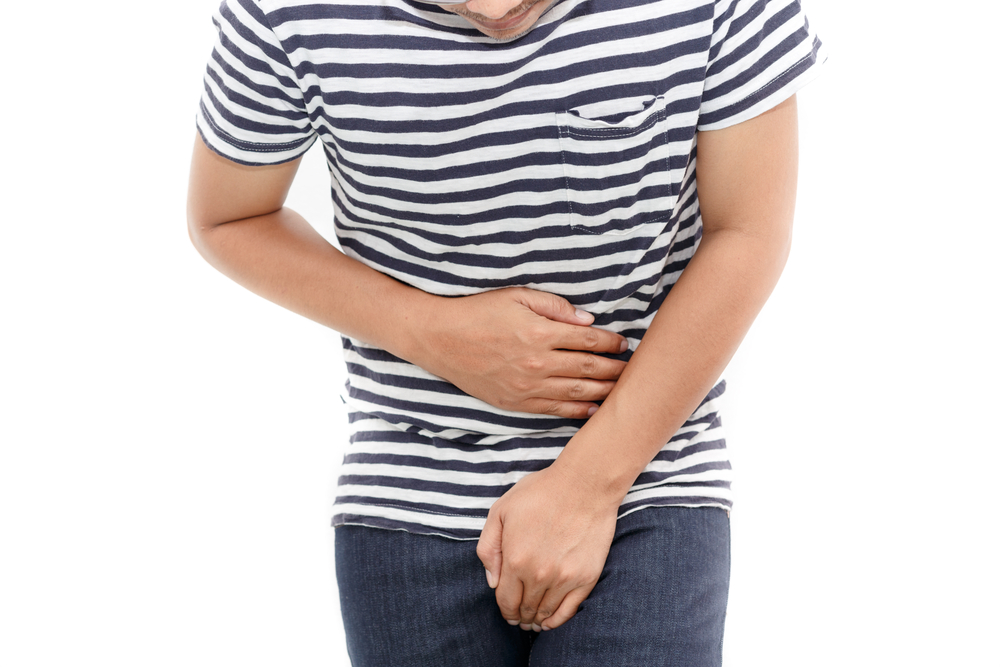Contents:
Medical Video: Breastfeeding Position and Latch
It is common knowledge that drinking alcohol during pregnancy can adversely affect fetal development. However, now that you have passed that phase - your baby is born healthy, and you give him exclusive breastfeeding. You might be interested in tasting alcohol again but are still overwhelmed by the big question: Can you drink alcohol during breastfeeding?
Below we summarize all you need to know about consuming alcohol and breastfeeding.
Whatever you consume when you are breastfeeding can be mixed into breast milk
When you drink alcohol, the components of alcohol are absorbed into your milk at the same level of concentration found in your bloodstream. Although breastfeeding babies are only exposed to very little of the residual alcohol their mothers drink, the body of a newborn baby is small; so is his heart, not yet optimally developed. Therefore, the baby's body cannot process alcohol as best you can - half a time slower than an adult's body.
Studies show that alcohol can affect baby's eating and sleeping habits. And although breastfed babies may become more sleepy and fall asleep more easily after mothers drink alcohol, they also wake up more often from sleep.
In addition, although the myth says that drinking alcohol can increase milk production, scientific evidence actually shows the opposite. Alcohol decreases milk production and the presence of alcohol in breast milk causes breastfeeding babies to be around 20 percent less. Alcohol in breast milk can also inhibit the gross motor development of babies; although limited studies on this topic are still very limited.
Breastfeeding policy from The American Academy of Pediatrics, reported from Health, stating that while women's alcohol intake must be limited (pregnant, breastfeeding, or not both), breastfeeding mothers may occasionally drink alcohol. The other good news is that the most toxic component of alcohol metabolism - acetaldehyde - is not absorbed into breast milk at all.
Occasionally drinking alcohol while breastfeeding is not dangerous, as long as ...
The level of alcohol in your blood will peak within 30-90 minutes after you drink, even though this time measure - and the length of time it takes for the body to get alcohol out of the system - varies for each person. However, in general, the more drinks you have, the longer it takes for alcohol to rinse out of your system. Therefore, do not breastfeed your baby while you are drinking or after drinking.
Ideally, you should wait 2-3 hours after your last glass of alcohol to let the body break and rinse the alcohol in your system thoroughly before returning to breastfeeding. If you are planning to drink alcohol and your baby needs to suckle shortly afterwards, make sure you have stock of milk stored in milk or give temporary formula milk (if you give your child bottled milk after you drink, you can "pump-and-waste" to reduce breast pain that may arise from skipping a breastfeeding session).
A few exceptions: the mother of a newborn who is less than three months old must be extra careful before considering pouring her first glass. The brains of newborns are still in a critical development stage and are very vulnerable, said Beth Conover, a nurse practitioner at the University of Nebraska Medical Center in Omaha and a member of MotherToBaby's board of directors. "Fasting" for a moment may be a wise step - at least in the first few months.
How much alcohol can I drink if I'm still breastfeeding?
If done wisely, consuming one or two glasses of alcohol during breastfeeding will not have a detrimental effect on the development of the baby. In details, AAP says breastfeeding mothers should not consume more than 0.5 grams of alcohol per mother's weight in 24 hours. 0.5 gram of alcohol is equivalent to 60 ml of liquor, one glass (235 ml) of wine, or 2 bottles of beer for nursing mothers with a body weight of 60 kg. This AAP recommendation is based on what is safe for the baby, not the amount that is beneficial to your long-term health.
Having more than one drink is more difficult to do safely when you are a nursing mother. If you drink too much and get drunk, do not breastfeed your baby until you fully regain consciousness. If you need to pump breast milk, remove the milk milk.
If your baby sleeps through the night without waking up starvation, drinking more than one drink at night is possible. But binge-drinking liquor may not be wise for important reasons that have nothing to do with breastfeeding, but are still related to the well-being of your baby:
- You cannot safely care for your baby if you are drunk.
- You cannot safely sleep with your baby if you are under the influence of alcohol or other drugs. This intoxicating agent can "blind" your awareness of the presence of your baby and the crying of your baby. So if you drink, sleep your little one in the baby crib.
However, drinking alcohol is a personal decision of every individual at every stage of life. If you drink a glass of red wine while breastfeeding makes you feel guilty, then don't do it. But if you want to celebrate your success, go through another of the most important moments in life by toast - cheers!
READ ALSO:
- 11 Risk Factors That Trigger You Giving Birth to a Premature Baby
- When Should You Stop Breastfeeding?
- Does Small Breast Size Affect Breast Milk Production?

